I remember a young MD entering my room, a line of residents following behind him. He carried himself with an unshakable confidence and ego towards anyone without letters after a name that would rival his own.
With his chest inflated proudly, he took a look at my chart and then looked to me to ask “What did you used to do before this?” I still could not talk, so I wrote “I used to play music and bartend.”
I remember him giving me a quick assessment, and then looking towards the line of students that had crowded into my room.
“Well he’ll never be able to do any of that again.” he said coldly with a chuckle I’ll never forget as he put my chart back and walked away.
It was like a kick that knocked the wind out of me. The fear that rode with me everyday magnified as each student took one more look of pity over my sad state.
At the end of the line there were a pair of soft brown eyes that locked with my sunken and scared optics as she walked out the door. She seemed to move much slower than the rest of the residents, and I could feel a compassion in her unlike the other students.
“Yes you will,” she mouthed with her slow motion departure.
I put a voice to her lips that repeated in my mind everyday. “Yes I would,” I told myself, and even if it looked to be impossible, I would recover. “Yes I would.”
… “.”
An empowered perspective is a prerequisite to a successful recovery.
In my experience working with folks surrounding neurological trauma, what I have found is that what people aim for and what they expect is what is actually realistic.
Our dreams… what we imagine… has the potential to become our reality.
So it makes absolutely no sense to imagine the future we don’t want.
And it is a disservice to project that kind of perspective onto others.
Encouragement beats criticism and pessimism (even pessimism disguised as realism)… Every. Single. Time.
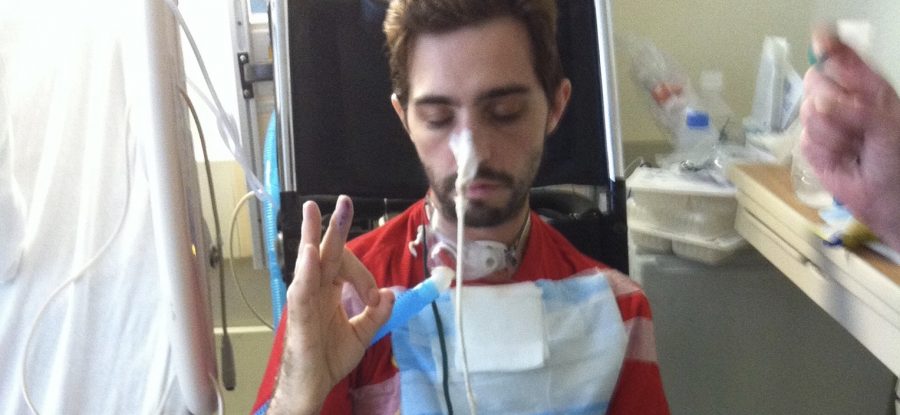

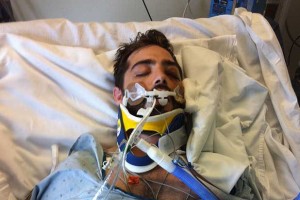
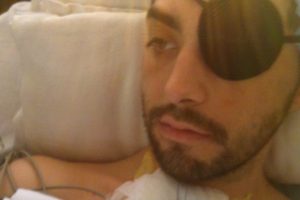

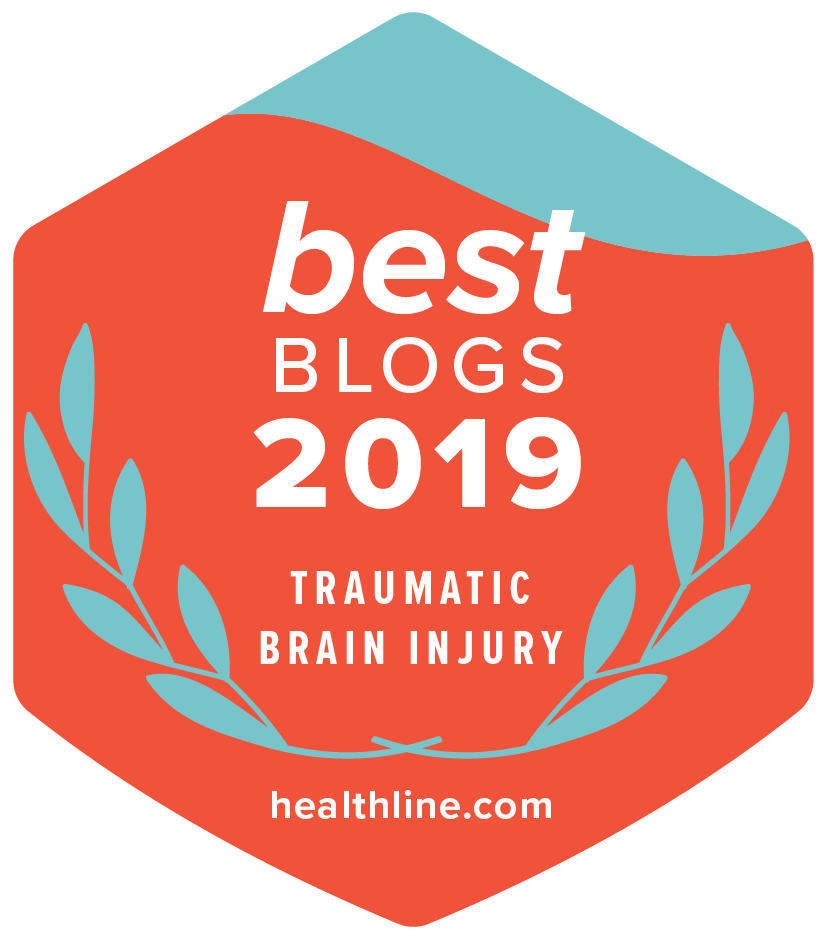
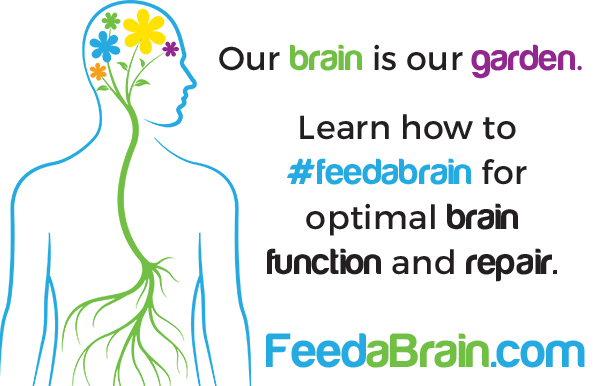
Leave a Reply
Your email is safe with us.